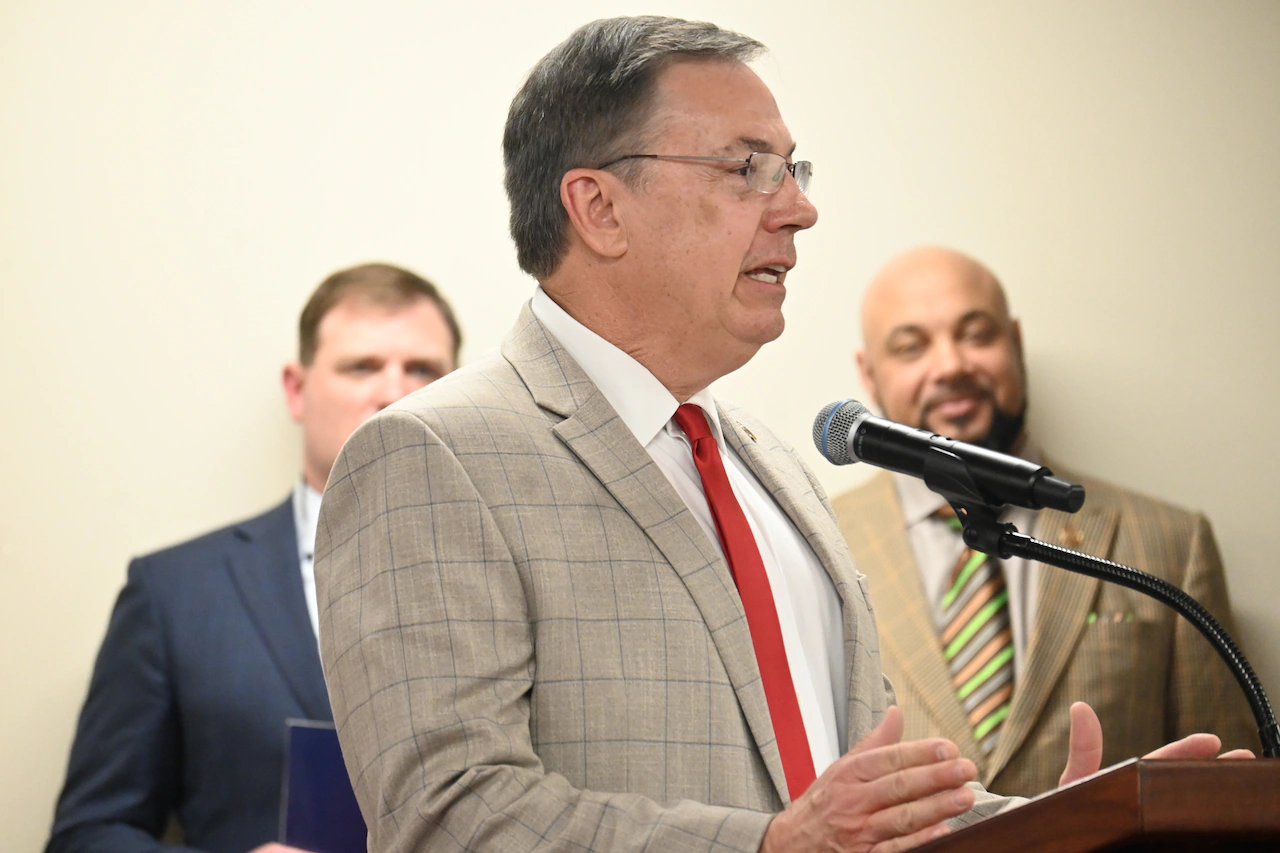Copyright AL.com

An Alabama legislator has prefiled a bill that would allow parole officers to restrict the communications of people convicted of a sexual offense against children and require them to undergo treatment. HB 26, sponsored by Mack Butler, R-Rainbow City, authorizes parole and probation officers to restrict people listed on the sexual offense registry from using a post office box or electronic media, including computer tablets and cell phones and smart phones. It also allows the court or the Alabama Board of Pardons and Paroles to require them to complete polygraph examinations. More from Alabama Reflector “It gives them another tool in the toolbox,” Butler said in an interview on Tuesday. “It is a pretty disgusting crime.” Butler introduced a similar bill in the 2025 legislative session that passed the House but did not come to a vote in the Senate. HB 26 also allows the court or the Alabama Board of Pardons and Paroles to order an offender to receive mental health treatment, which could also include recurring polygraph examinations. People who fail to report to treatment could be found guilty of a Class C felony, punishable by up to 10 years in prison and a $15,000 fine. “It is just another level of accountability,” Butler said. “The polygraph people came to me with that. We are seeing other states putting that in because, apparently, people are lying to you.” Experts and defense attorneys agreed with the treatment requirement but expressed doubts about other elements of the legislation. Kerry McCarthy, clinical director at Wandering Pines Wellness, an organization based in Colorado that provides mental health counseling services, provided therapy to people who had been convicted of sexual-based offenses for seven years. He took issue with restricting people’s access to communication devices. “Those all sound like really good tools to limit access and availability to problematic content, but they are not research and evidenced based,” she said. “They also create hindrances for individuals to pay their bills. A lot of things are online. A lot of jobs require you to fill out an online application.” Kyle Pierce, a criminal defense lawyer with Pierce and Pierce Attorneys, based in Gadsden and Birmingham, expressed concerns with the polygraph component. “This requirement to go do this polygraph, pay for it twice a year, so it is adding a significant financial burden, a significant time burden, on people who are already having to regularly register, to pay every time that they register,” he said. “Polygraphs are bad science; polygraphs are not admissible in court. I can’t see the benefit of the required polygraph testing.” The Alabama Legislature begins its 2026 session on Jan. 13.



